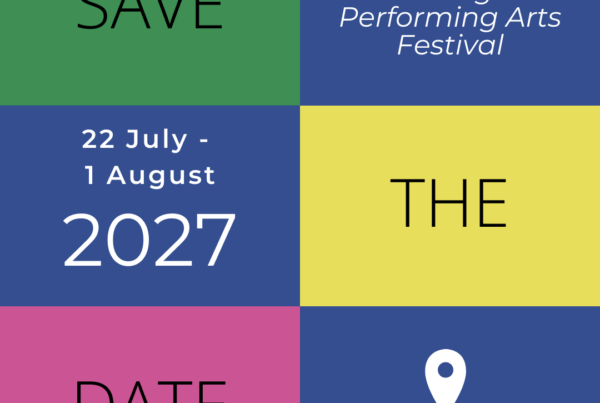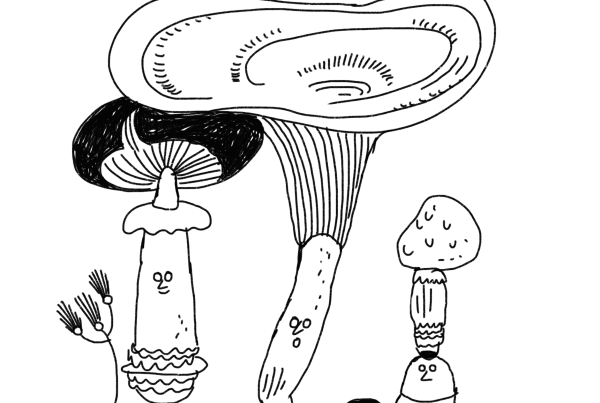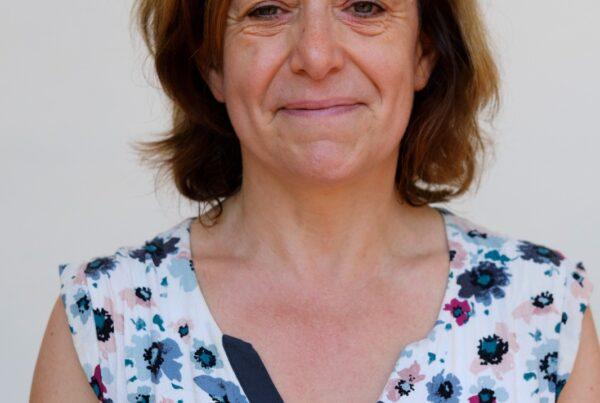When diplomacy subjugates art, it forgets that it brings people together beyond borders and cannot comply with the rules of military and political conflicts. It has its own confrontations, but above all it connects men, women, children, young people, artists and spectators.
In mid-September, the French Ministry of Foreign Affairs sent a note to subsidized cultural structures suspending all collaboration with Malian, Burkinabé or Nigerien artists in the name of security. This announcement provoked numerous protest reactions in France and compromised projects, due to a lack of predictable outcome to the conflicts concerned.
This announcement shocked me, not only because I am currently sharing a project with the director of the Théâtre Soleil in Ouagadougou. A few weeks earlier, I was in Johannesburg, welcomed with my colleagues from the Executive Committee, by ASSITEJ South Africa and the Cradle of Creativity festival. I saw very powerful shows there, particularly those from the African continent. I discovered remarkable artists, some very young, and took part in some really interesting conferences and discussions. I came back enthusiastic about such artistic and human richness. Excluding some of these artists from future projects is unacceptable to me.
When diplomacy subjugates art, it forgets that it brings people together beyond borders and cannot comply with the rules of military and political conflicts. It has its own confrontations, but above all it connects men, women, children, young people, artists and spectators.
ASSITEJ, like the art itself, brings together artists and professionals from around the world, through its site and its newsletters, but even more at the Congresses and during the Artistic Gatherings. The next gathering will take place soon, in Belgrade and Nov Sad (Serbia) from November 20. We hope to see a large number of members of the international community of TYA there.
Beforehand, we invite you to join us for the two “Coffee Sessions” that my colleague, Ernie Nolan, and I will devote to LGBTQ+ issues in live performance aimed at children and youth, after sessions dedicated to diversity and deaf culture last season. We are continuing our online meetings dedicated to diversity, inclusion, meeting others, and respecting each person. These are strong values, which carry performing arts for children and youth.
They are also embodied in the group which works on political strategy issues within the executive committee, in the committee dedicated to accessibility, in the promotional campaigns for the World Theater Day for Children and Youth, etc. They are carried by each and every one of us in our daily activities.
Art connects and, even more so, performing arts for children and youth, which bring together generations and all audiences. ASSITEJ represents these values and these links. The Executive Committee and the team are the vectors.
Members of ASSITEJ, let’s gather, meet, stand in solidarity, online or in person, in Serbia, Cuba, and everywhere else whenever the opportunity is given to us. Our solidarity and our commitment are our strength in the face of political or military conflicts, upheavals and economic and ecological crises.
Emilie Robert
EC Member, ASSITEJ International






